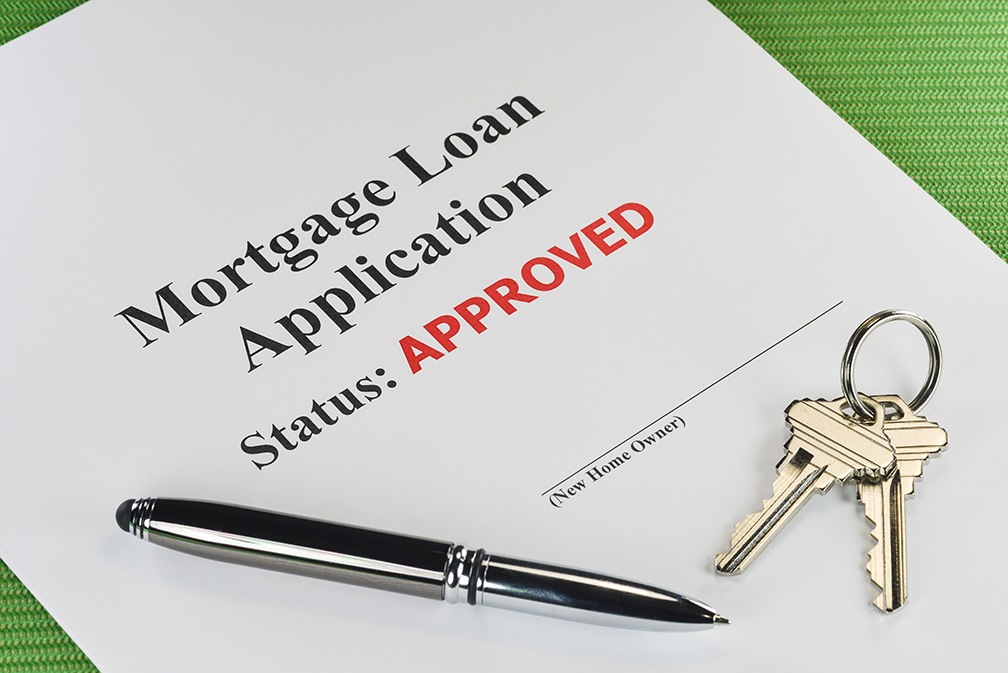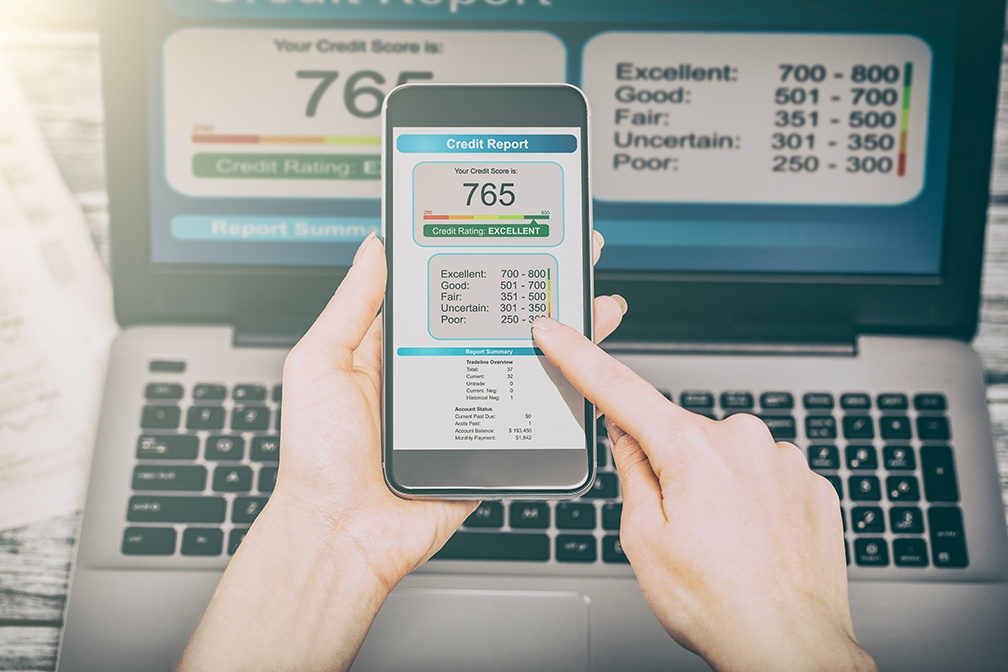You Ask, We Answer: What Are the Fees and Costs That Come Along With a Mortgage?
 Have you been considering a mortgage for your next home purchase? As with any loan or financial product, there are a variety of fees and costs you may incur in the process of closing your mortgage. In today’s post, we’ll explore a few of these potential fees and the situations in which you may encounter them. Let’s get started!
Have you been considering a mortgage for your next home purchase? As with any loan or financial product, there are a variety of fees and costs you may incur in the process of closing your mortgage. In today’s post, we’ll explore a few of these potential fees and the situations in which you may encounter them. Let’s get started!
Title Insurance Costs
You’re almost certainly going to incur insurance fees and charges. In most cases, you’ll need to pay for title insurance for the lender, which is based on the purchase price of the home but varies from state to state. This protects the lender if something is missed during the title search, which shows whether or not there are any liens on the property.
Mortgage Underwriting Fees
Depending on the lender, you may or may not be assessed an underwriting fee. When you apply for a mortgage, there’s an intense amount of research required to determine the types of mortgage products that you qualify for and the amount of financing you can afford. This fee covers the costs involved in conducting this research. This may also be referred to as the ‘origination fee’ or included within it.
The Closing Fee
As mentioned above, there are title costs associated with finalizing your home purchase. As the name suggests, the closing fee covers the cost of having a representative from the title company present at the final ‘closing’ of the deal. This professional supervises the formal legal transfer of the home from the previous owner to you.
Legal And Attorney’s Fees
Speaking of legal, in most states you will require an attorney for some part of the closing process. This may or may not be related to the mortgage financing itself. For example, in some states, you will need to have an attorney present when you finalize the mortgage paperwork. In others, you’ll only need them for other parts of the purchase transaction.
Other Miscellaneous Costs
Finally, there are a handful of less common fees and costs that you might incur. These range from courier fees to get documents moved around the city to bank and wire fees to transfer your down payment.
While the list above may look like a lot, in the grand scheme of your total mortgage cost you won’t even notice most of these fees. For more information about mortgage fees or to apply for financing, contact our friendly team of mortgage professionals today. We’re happy to help.

 Are you in the market for a new home? If you are going to rely on mortgage financing to cover some of the purchase cost, you will need to start the application process as soon as possible. However, what if you just need to know how much you will be able to borrow so you can start finding homes in your price range?
Are you in the market for a new home? If you are going to rely on mortgage financing to cover some of the purchase cost, you will need to start the application process as soon as possible. However, what if you just need to know how much you will be able to borrow so you can start finding homes in your price range? Whether you’re just out of college, recently married or simply haven’t jumped into the market yet, buying your first home is an exciting prospect. It can also be an expensive one, which is why most people will take out a mortgage to help finance the cost.
Whether you’re just out of college, recently married or simply haven’t jumped into the market yet, buying your first home is an exciting prospect. It can also be an expensive one, which is why most people will take out a mortgage to help finance the cost.